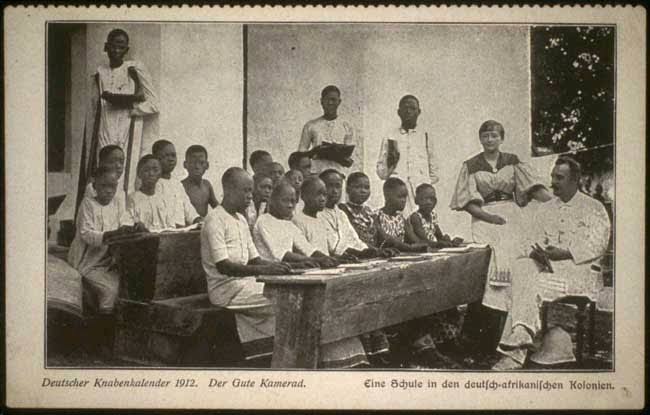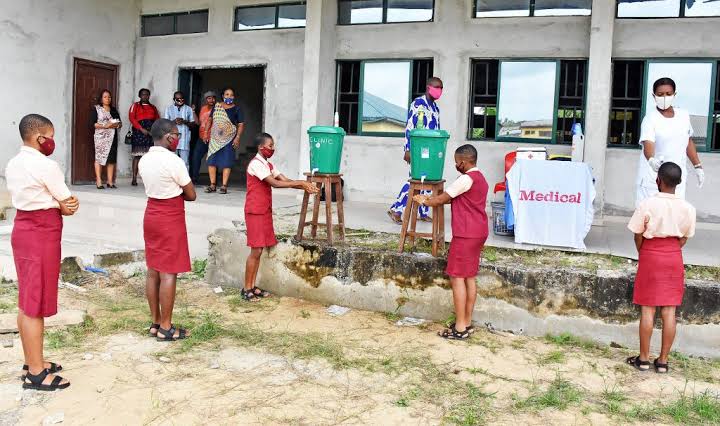
Eight international development goals were contained in the Millennium Development Goals (MDGs) for the year 2015 that were established following the Millennium Summit of the United Nations in September 2000, and the adoption of the United Nations Millennium Declaration. The Sustainable Development Goals (SDGs) succeeded the MDGs in 2016. All the 191 United Nations member states, and at least 22 international organizations, committed to help achieve the Millennium Development Goals by 2015.
The United Nations adopted the Millennium Development Goals in 2012, a set of development goals for the year 2015, more specifically, “to ensure that by 2015, children everywhere, boys and girls alike will be able to complete a full course of primary schooling.” That same year, the World Education Forum met in Dakar, Senegal, and adopted the Dakar Framework for Action reaffirming the commitment to achieving Education for All by the year 2015.

According to UNESCO, at the time, only 57% of African children were enrolled in primary schools, with the lowest enrollment rate of any region surveyed. The report also showed marked gender inequalities: in almost all countries enrollment of boys far outpaced that of girls. However, in some countries, education is relatively strong. In Zimbabwe, literacy has reached 92%. That’s a good one for Zimbabwe!

Steps such as the abolition of school fees, investments in teaching infrastructure and resources, and school meals from the World Food Programme helped drive enrollment up by millions. Indeed encouraging! Yet despite the significant progress of many countries, the world fell short of meeting its goal of Universal Primary Education (UPE). In sub-Saharan Africa as of 2013, only about 79% of primary school-age children were enrolled in school. 59 million children of primary-school age were out of school, and enrollment of girls continued to lag behind that of boys. Disparity between genders is partially due to females being excluded from school for being pregnant.

Following the expiration of the MDGs in 2015, the UN adopted a set of Sustainable Development Goals for the year 2030. The fourth goal addressed education, with the stated aim to “ensure inclusive and equitable quality education and promote lifelong learning opportunities for all.” The World Education Forum also convened in Incheon, Korea to discuss the implementation of this goal, and adopted the Incheon Declaration for Education 2030. It remains to be seen what effect the measures have on the state of education participation in African countries.
Concerning the issues of quality in education and equity, there are underlying causes that deter progress such as high drop-out rates, grade repetition, poor quality of education and educational resources, teacher shortages, poor infrastructure and supplies, access to education for rural and remote areas, and stigmas for marginalized groups.

Overtime, several developmental and influential attempts had been made and is still being made towards improving education in Africa. Some have been yielding productive results while others have not. Still having more to do, several efforts and policies are being put in place in the bid to ensure that the desired quality and equity is achieved. More fulfilling days ahead for education in the African continent.













